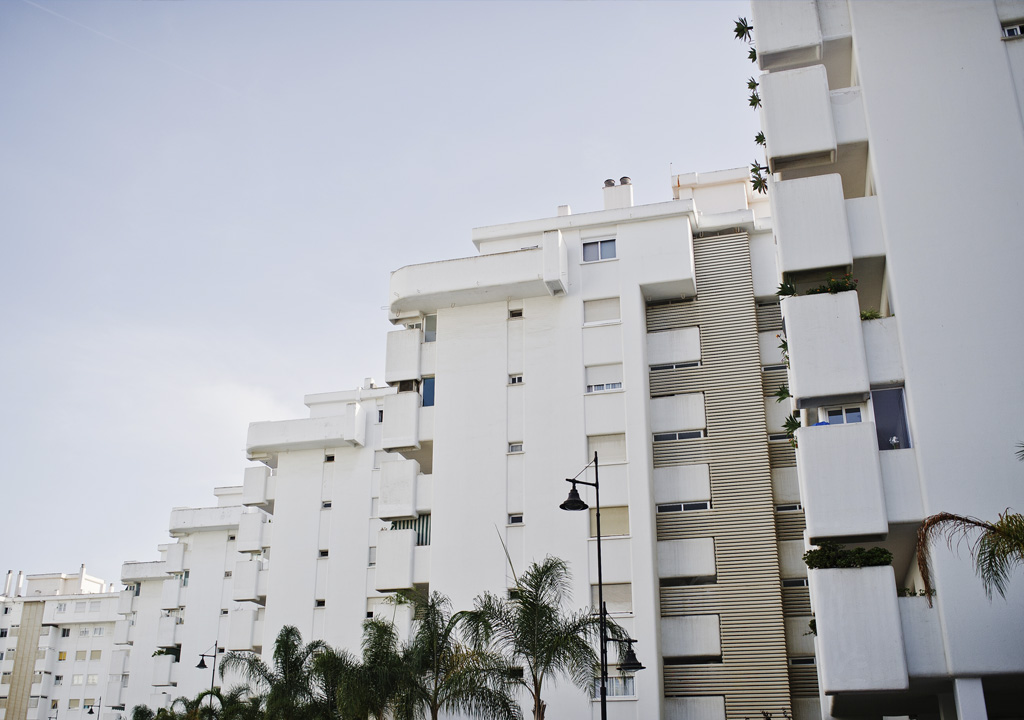How to execute a foreign divorce in Spain

How to execute a foreign divorce in Spain. I got married and divorced abroad, so am I divorced in Spain?
Well, the answer to this question is no.
Simply by having a favourable sentence in one country doesn’t mean that it is valid in Spain.
In order to make the judgement valid in Spain, you have to undertake a process called “EXEQUATUR”.
What is “exequatur”?
The exequatur is a procedure that aims to recognise the validity of a judgement issued by a foreign court and therefore allow its execution in Spain.
It should be noted that this is not a revision of the sentence issued abroad but is a procedure that allows the judgement to have effects in another country, in this case Spain.
In what situations do we need an “exequatur”?
The most frequent cases are the following:
1.- Applications for recognition of divorce judgements of a marriage abroad, when at least one of the spouses is of Spanish nationality or resident in Spain.
2.- In order to force a person resident in Spain to pay maintenance recognised in a judgement issued in a foreign country.
3.- When it comes to enforceable judgements in which the payment of a sum of money is condemned and the executed has their permanent residence or headquarters, in case of a company, in Spain.
Can I request an “exequatur”?
The process can be undertaken by:
1.- Any person in whose favour the judgement was issued in a foreign country.
2.- Any person to whom the recognition of the judgement causes a loss or prevents a benefit.
What documents do I need to be able to present an “exequatur”?
Along with the demand for “exequatur” to be drafted by a lawyer, the following documents must be submitted:
1.- Copy of the sentence with the “apostille” of The Hague.
2.- Certificate of the testimony that the judgement is final.
3.- Certificate that the judgement has been notified to the defendant or in its case that it has been issued in default.
4.- Sworn translation of the sentence (if it is in a language other than Spanish).
5.- Photocopy of Passport.
6.- General Power of Attorney for litigation.
7.- Certificate of marriage, birth certificate of children if any, and regulatory agreement if the divorce has been mutually agreed (if it is an “exequatur” procedure by divorce decree).
If you would like a no obligation consultation in relation to any legal matter in Spain, please don´t hesitate to contact us.











